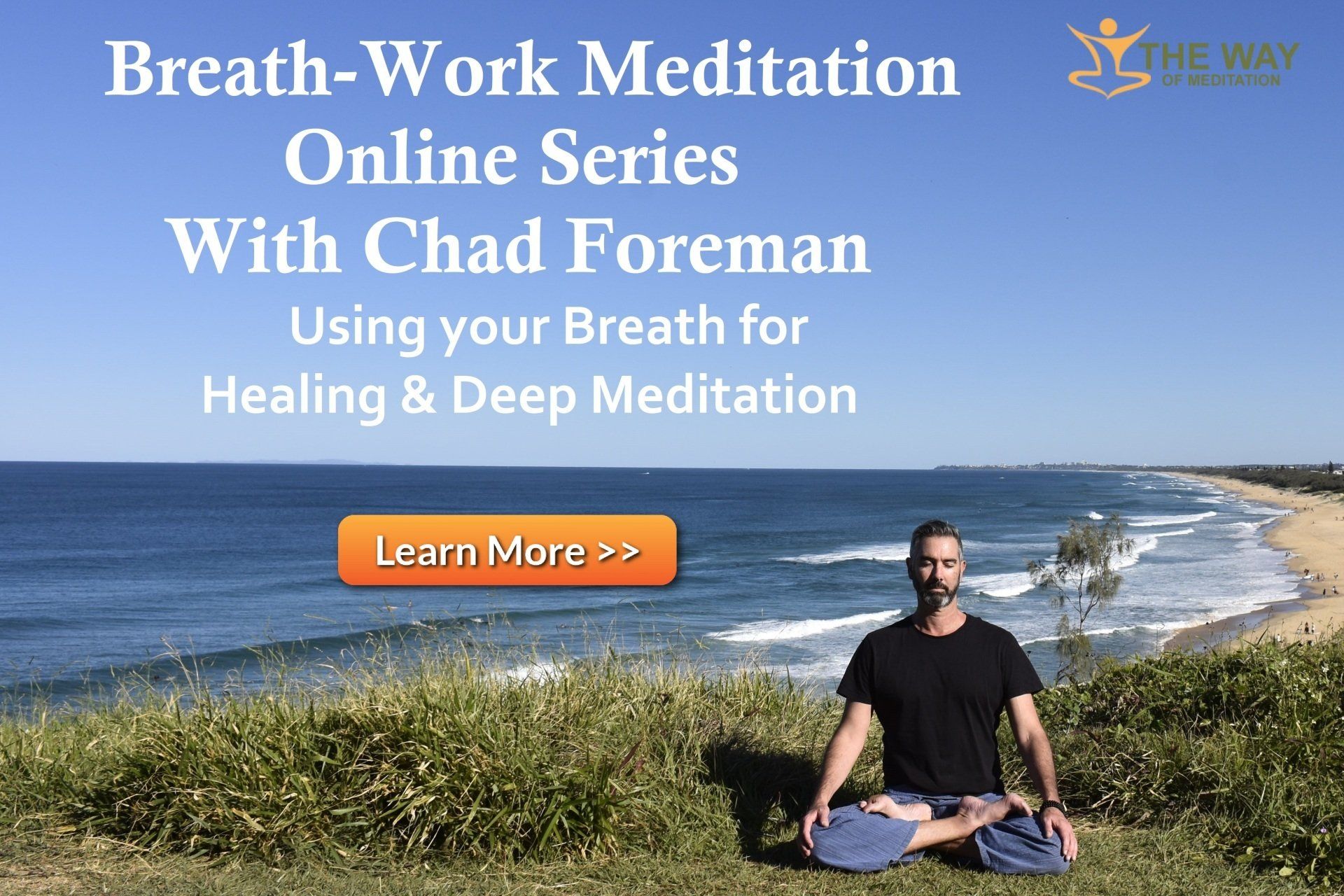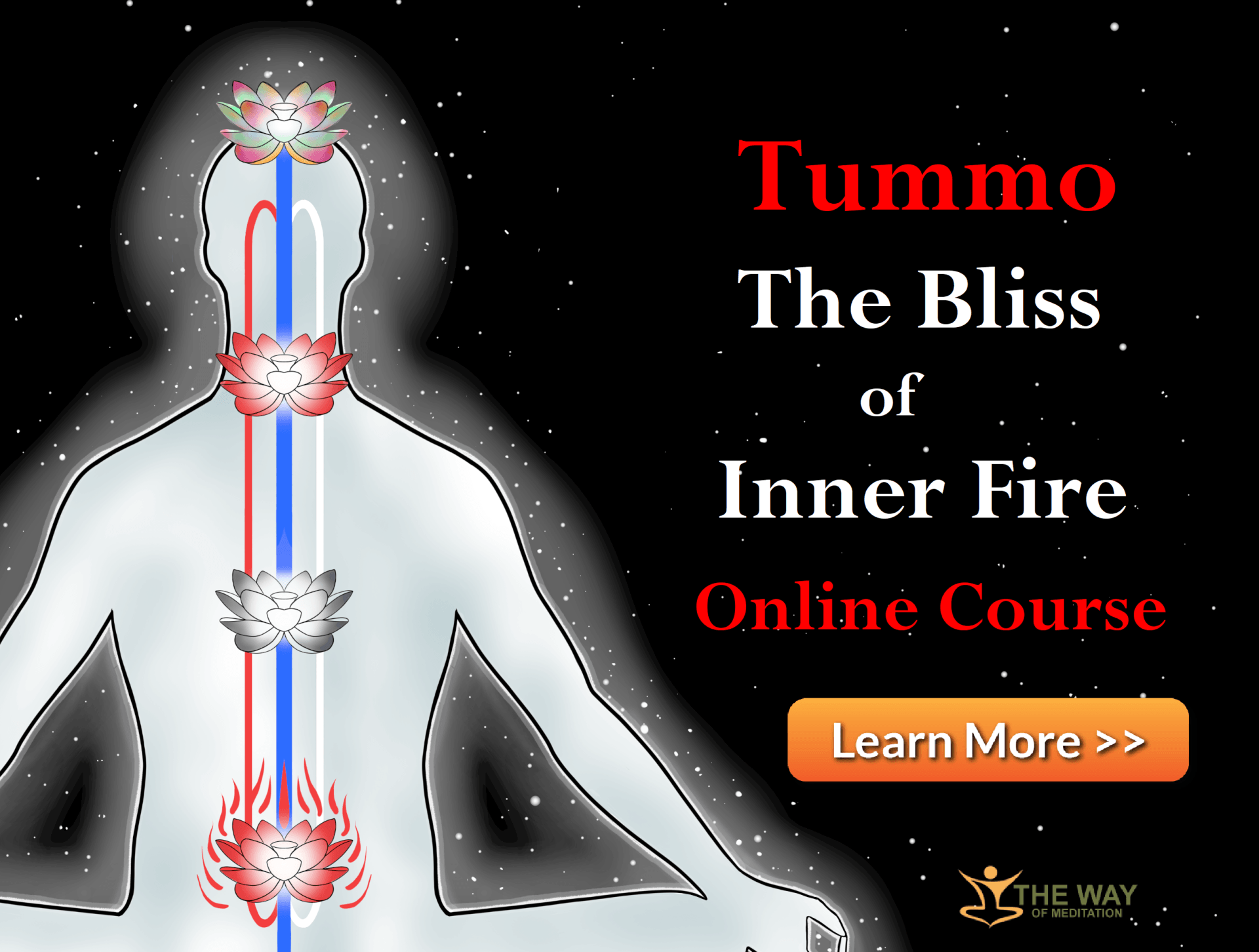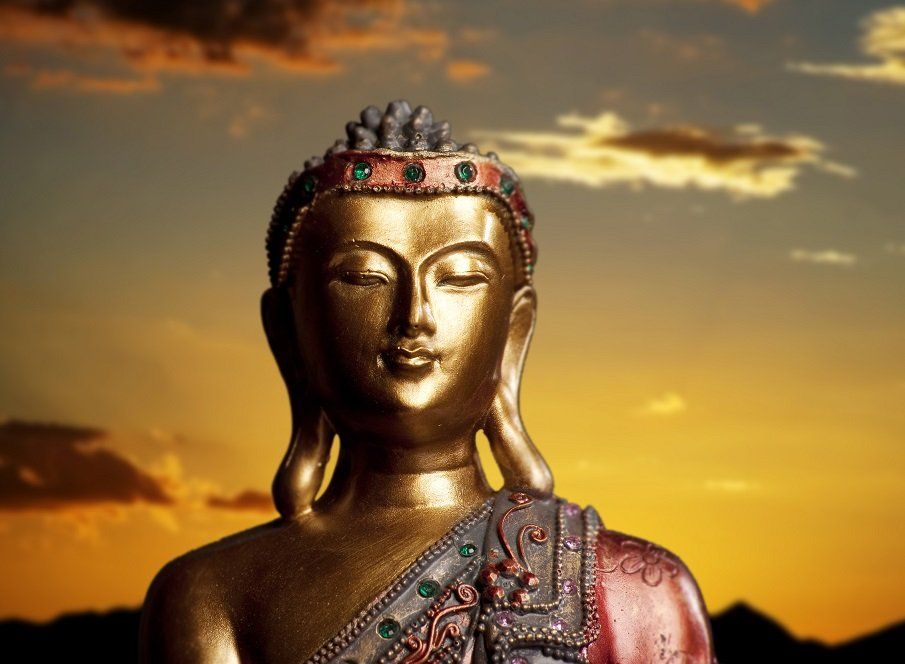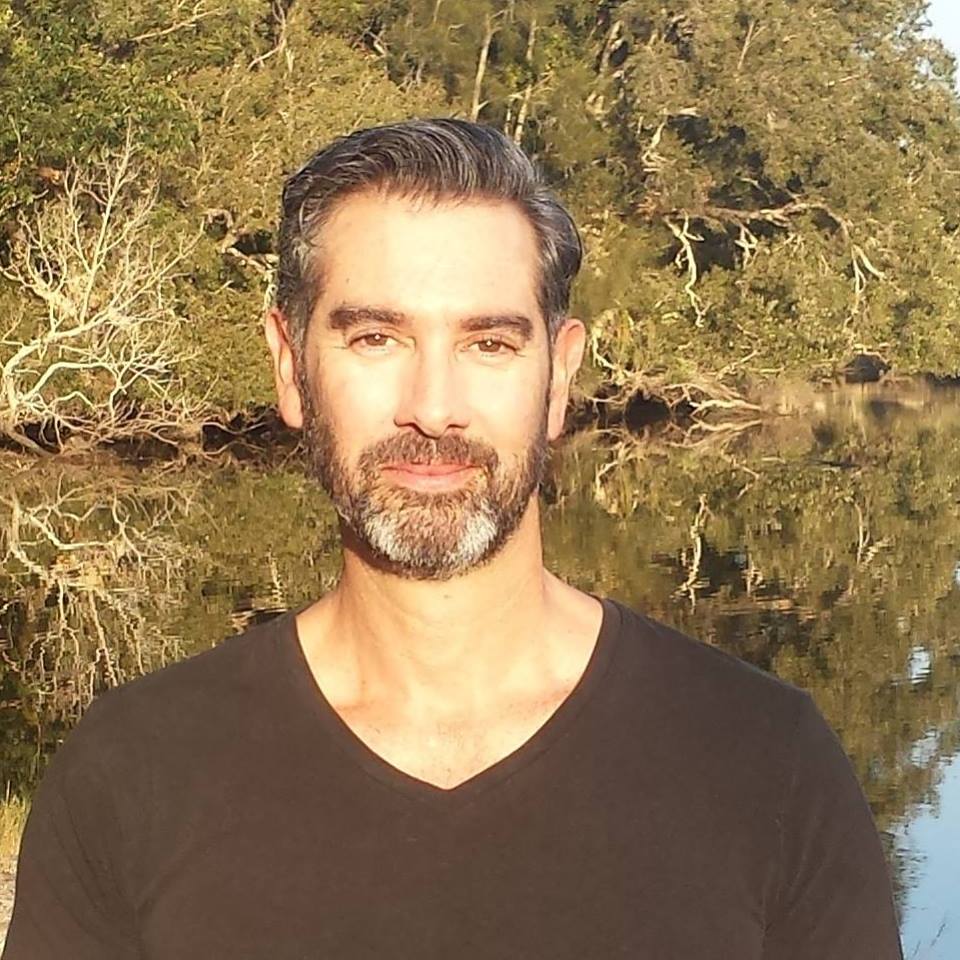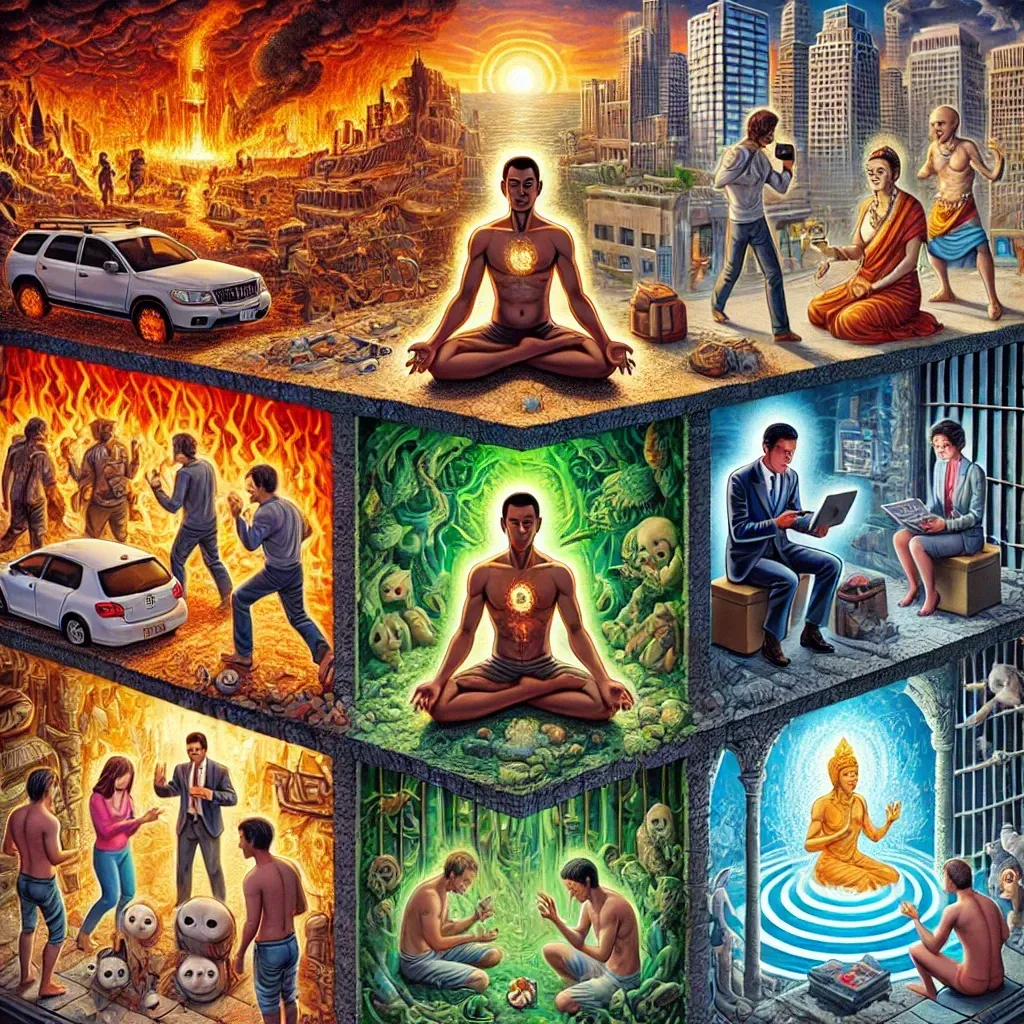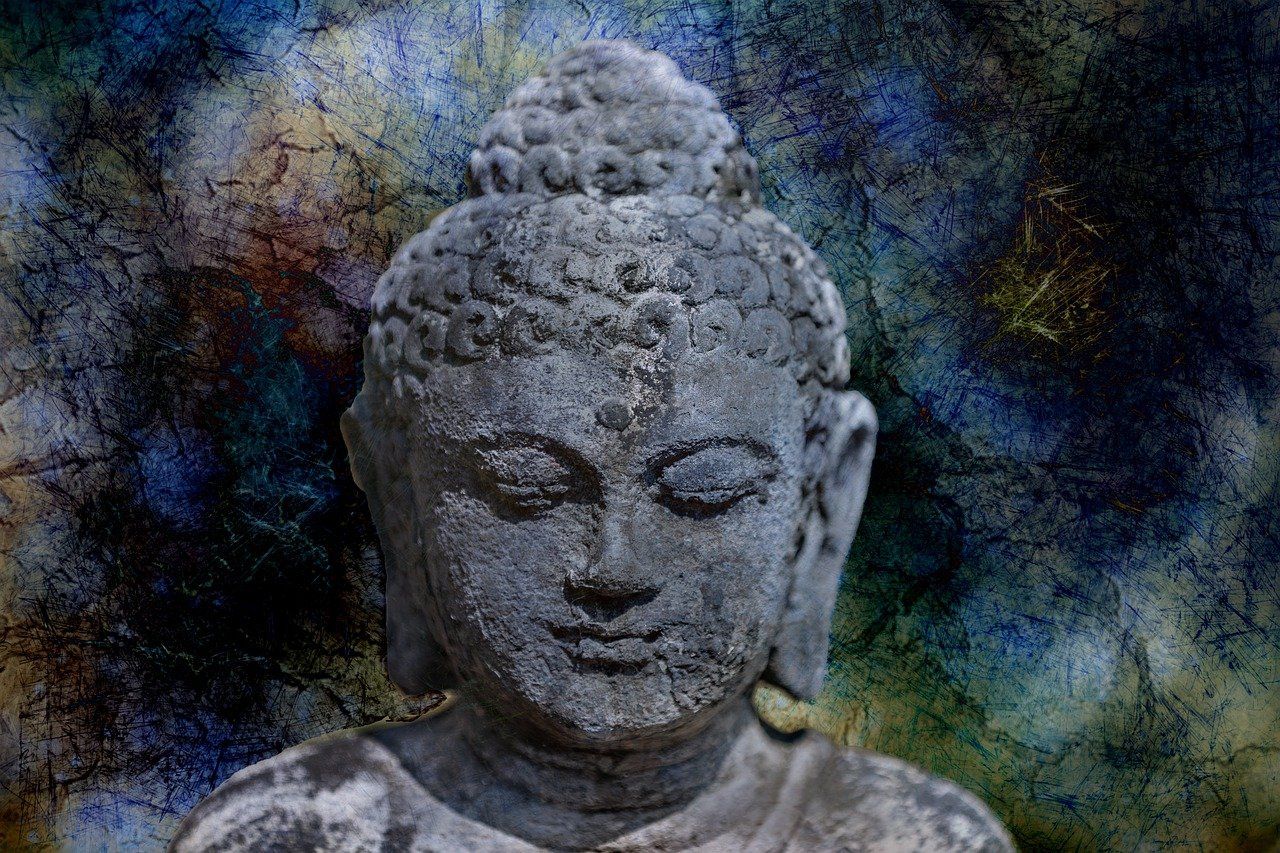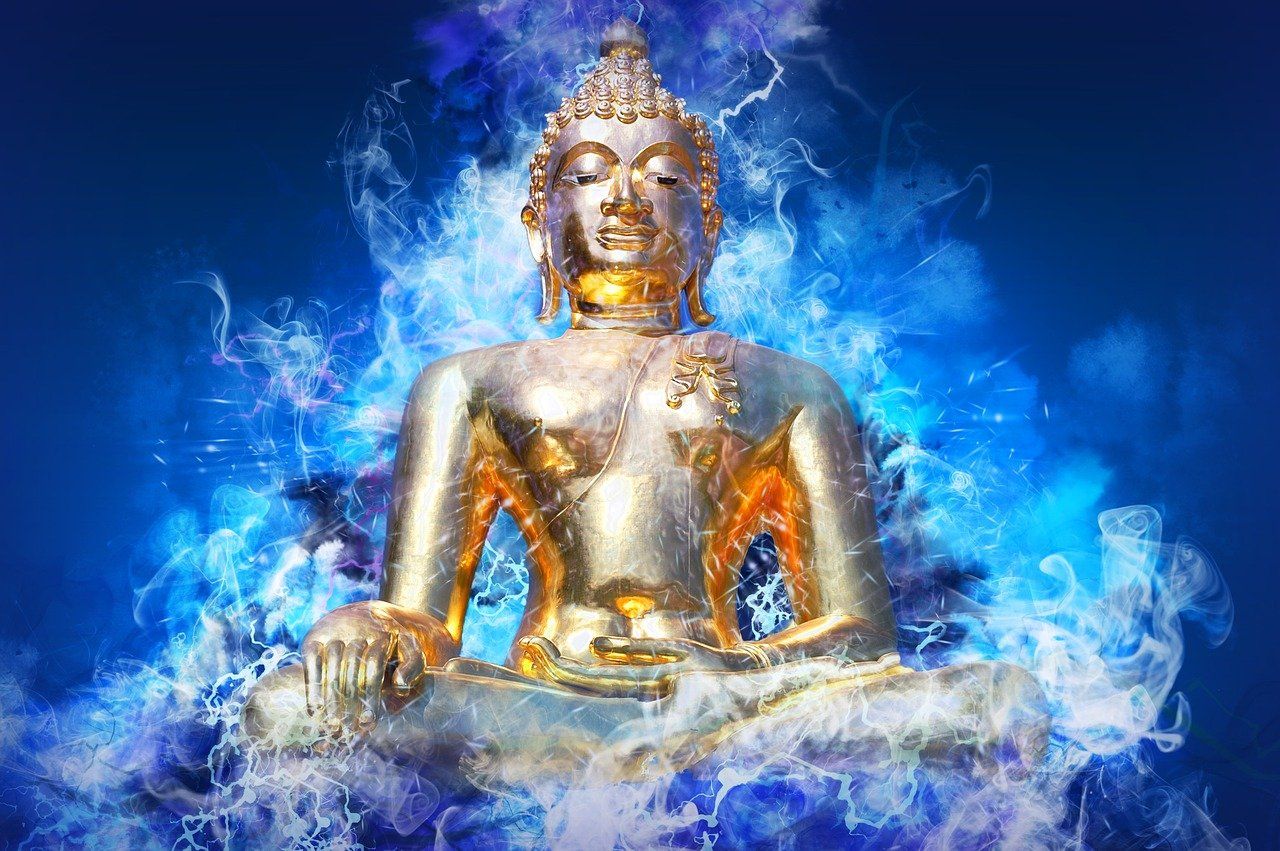Chad Foreman Explains How To Purify Negative Karma & Get What You Want
Karma is a precise science of Eastern psychology and more generally speaking refers to people’s actions which have a cause and an effect. It’s an ancient type of behaviourism that came way before B.F Skinner and thousands of years before Pavlov’s dog salivated.
One big issue that gets missed in the karma discussion is that it all relies on intention. The studies I underwent emphasised that your intention in every moment determines what karmic seeds or mental imprints are planted in your mind and also what seeds ripen.
Ignorance is deeply rooted in our mind, implanted there by society, family, friends and even evolution and can be difficult to remove. Negative karma creates negative results which cause more negative actions which become a vicious cycle or what Buddhists call Samsara. It is such an important Buddhist topic that Buddha once said that all his teachings can be summarised with these three points:
“Practise virtue, reduce non-virtue and purify your mind.”
This brings up the big question of what exactly is good karma and what is negative karma? According to Buddha you need to understand how to practise virtue and eliminate or reduce non virtue so this is what I’ll speak about.
To truly understand Karma you have to understand what a wise mind is which is the bases of the good intentions behind your actions.
The reason I wrote this blog is because karma is actually very logical and clear. Put simply a wise mind is a mind that understands emptiness. Emptiness relates to the scientific fact that everything is moving. Buddhism agrees with modern science in this regard, everything is in flux everything relies on causes and conditons to come into existence and goes through stages of birth, maintainance and death.
Every thing that physically or mentally exists changes. All the happiness, health and well being of ourselves and our society relies on good intentions driven by wisdom. Happiness and health are not a given in life we need to cultivate them. As Zen Master Thich Nhat Hanh says:
“I wondered why the Buddha kept practising mindfulness and meditation even after he had already become a Buddha. Now I find the answer is plain enough to see. Happiness is impermanent, like everything else. In order for happiness to be extended and renewed, you have to learn how to feed your happiness. Nothing can survive without food, including happiness; your happiness can die if you don’t know how to nourish it. If you cut a flower but you don’t put it in some water, the flower will wilt in a few hours.”
Thich Nhat Hanh has taken his realisation of impermanence and Karma and created 14 principles for an Engaged Buddhism. These are prinicples which harness the understanding of Karma and applied it to effectively produce a healthy and supportive society.
At the centre of the wisdom that understands change and impermanence is a huge heart which deeply feels this interconnection with every other person, animal and environment on the planet. When you understand that everything is inter-connected and you cannot produce happiness just for yourself alone you begin to understand the words of a Zen master when he said
“Enlightenment is intimacy with all things.”
The pure intentions that stem from wisdom boil down to thinking of others as equally important as yourself. As the Dalai Lama often says:
“My religion is kindness.”
The Dalai Lama even says that love and compassion are the meaning of life. The two main wings of the bird that flies to enlightenment is wisdom and compassion. Seeing yourself in the other and acting accordingly. That’s why the Dalai Lama always says that love and compassion are based on logic and reasoning. This type of logic is the mind’s interpreatation of what the heart already knows.
Because we are related and intimately connected with everything else, there is already some inteligence within us that feels for others and knows the right thing to do to help others or at least not to harm them. This could be called a conscience and as the saying goes.
“You need a clear conscience to get a good night sleep.”
“I regret all harm I have committed toward myself and others in the past.
From now on may all my actions be motivated by good will toward myself and others.
May this meditation connect me with the heart wisdom to be able to do so.”
Notice it always says myself and others. Love and compassion that do not include yourself is incomplete. The deeper you go inside the more you realise the inseparability and interconnection of all beings. Good Karma is not self sacrifical it’s actually all inclusive.
I don’t think you have to believe in reincarnation to believe in Karma, plus it doesn’t make a difference anyway. If you believe in future rebirths then you should try and practise good Karma in this life, if you don’t believe in future rebirths then you should try and pratice good karma for this life. It makes no difference whether you are concerned about future lives or this one the methods are the same.
“…if you want to be selfish and get everything you want be ‘wisely selfish’ and help others.”
The expansive attitude of including others is exemplified by the Buddhist practice of rejoicing in other’s happiness, instead of feeling jealous of their good fortune, be happy for them and share in their delight. This reinforces the notion that we are all connected and everyone’s happiness is equally important and worthy.
I use a little karmic trick when I’m looking for a car park in a busy place, whenever I see somone else get a great space ahead of me and in my mind I praise them and wish them well congratualting them on their good luck to find a parking spot. This creates the cause for me to find my own car space, but not always. What it does always do is help me remain calm and not get frustrated.
I once heard Richard Gere say he mentally wishes great success and happiness toward everyone he meets and it works to help keep him in a positive state of mind full of empathy and mutual understanding.
Being wisely selfish is to act from the perspective that others are just as important as you. Then you will reap all the fruits of your past good actions and plant seeds for yours and humanities future happiness. Love and compassion are also their own immediate reward. Love is healthy for us and compassion brings us closer together and develops genuine realtionships. Good Karma is based on the genuine intention to bring peace, love and happiness to ourselves and everyone around us.
Written by Chad Foreman
Chad Foreman is the founder of The Way of Meditation, has been teaching meditation since 2003, determined to bring authentic meditation practices into the lives of millions of people in the modern world. Chad is a former Buddhist monk who spent 6 years living in a retreat hut studying and practicing meditation full time and has now has over twenty years’ experience teaching meditation. Chad holds regular Meditation Retreats on the Sunshine Coast Australia, has Online Meditation Coaching, delivers three online programs - The 21 Day Meditation Challenge to help guide people gradually from the basics of mindfulness and relaxation to profound states of awareness. Breath-work to help manage stress and go deeper into meditation and The Bliss of Inner Fire which is a Buddhist tantric method for purifying energy blocks and contacting the clear light of bliss. You can also now get Chad's free e-book Insights Along the Way.
Get A FREE
Guided Meditation Series
with Chad Foreman





